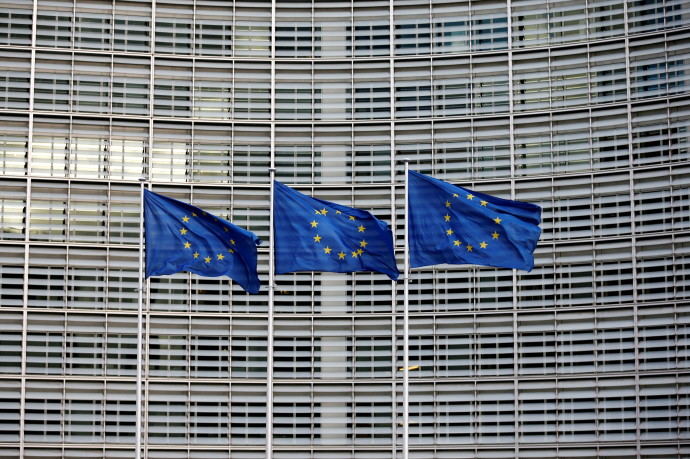Bulgarian Prime Minister Kiril Petkov told the media on Thursday that his country’s difficulties with neighbor North Macedonia had been aggravated by Russian intelligence.
Bulgaria’s Specialized Prosecutor’s Office is already investigating alleged Russian espionage activity in the country’s National Security Agency and searching the offices.
"It has been reported to me that Russian spies have worked specifically against relations between Bulgaria and North Macedonia," Petkov said. "Someone is trying to wrongfully represent Bulgaria’s interests. Russia’s interest has always been to stop the Western Balkans from having a European future."
President Rumen Radev, who has taken a softer stance on Moscow, backed the agency’s activities. "The National Security Agency has a strong immune system and I think they are working actively not to allow any breach in the system," he said.
Since entering politics in 2021, first as interim Economy Minister in President Rumen Radev’s caretaker cabinet, then as Prime Minister and co-leader of the We Continue the Change party, Petkov has been working on resolving Bulgaria’s disputes with neighboring country North Macedonia, and he said that issues are delaying the latter’s hopes of starting EU membership talks.

Petkov and North Macedonian Prime Minister Dimitar Kovacevski met on Monday, and during the talks, both appeared optimistic about the possibility of Bulgaria lifting its current veto on North Macedonia’s EU talks.
The Russian embassy in Sofia has still not reacted to the latest claims.
In the last few years, Bulgaria has expelled Russian diplomats for espionage several times and has arrested Bulgarians collaborating with them. Since a very public case in March 2021, over ten diplomats have been named personae non grata.
In what seems to be a trend all across the EU countries, Belgium has also expelled 21 Russian diplomats for allegedly spying and posing a threat to security; the 21 Russians worked at Moscow's embassy in Brussels and its consulate in Antwerp. They were all accredited as diplomats but were spying and influencing operations, a ministry spokesperson said.
Ireland has also asked four senior Russian diplomatic officials to leave the country "on account of their activities, which did not meet international standards of diplomatic behavior."
The Netherlands expelled 17 Russian intelligence agents who were accredited as diplomats, based on information from its own security services, its Foreign Affairs Ministry said in a statement.
Several other countries have also expelled Russian diplomats previously: Latvia, Estonia and Lithuania have expelled a total of 10 Russian diplomats, the foreign ministries of the three Baltic countries said on March 18.
But some recent expulsions may have been mere PR stunts, executed by Chief Prosecutor Ivan Geshev to bolster his image during a conflict with the current government. Despite numerous arrests and charges, no one has been sentenced for alleged espionage.
Meanwhile, earlier this week, the prosecution started investigating Elena Gunchetheva, an MP and a member of the Russophile far-right Vazrazhdane (Revival) party, following a Facebook post from March 18 in which she stated that she hoped the government would be hit by a Russian missile. In the post, she expressed hope that "one of the [Russian] rockets will destroy the Ministerial Council" in Sofia if Bulgaria sends weapons to Ukraine, and called Ukraine's president "Zelensky the clown." She has been accused of treason.
